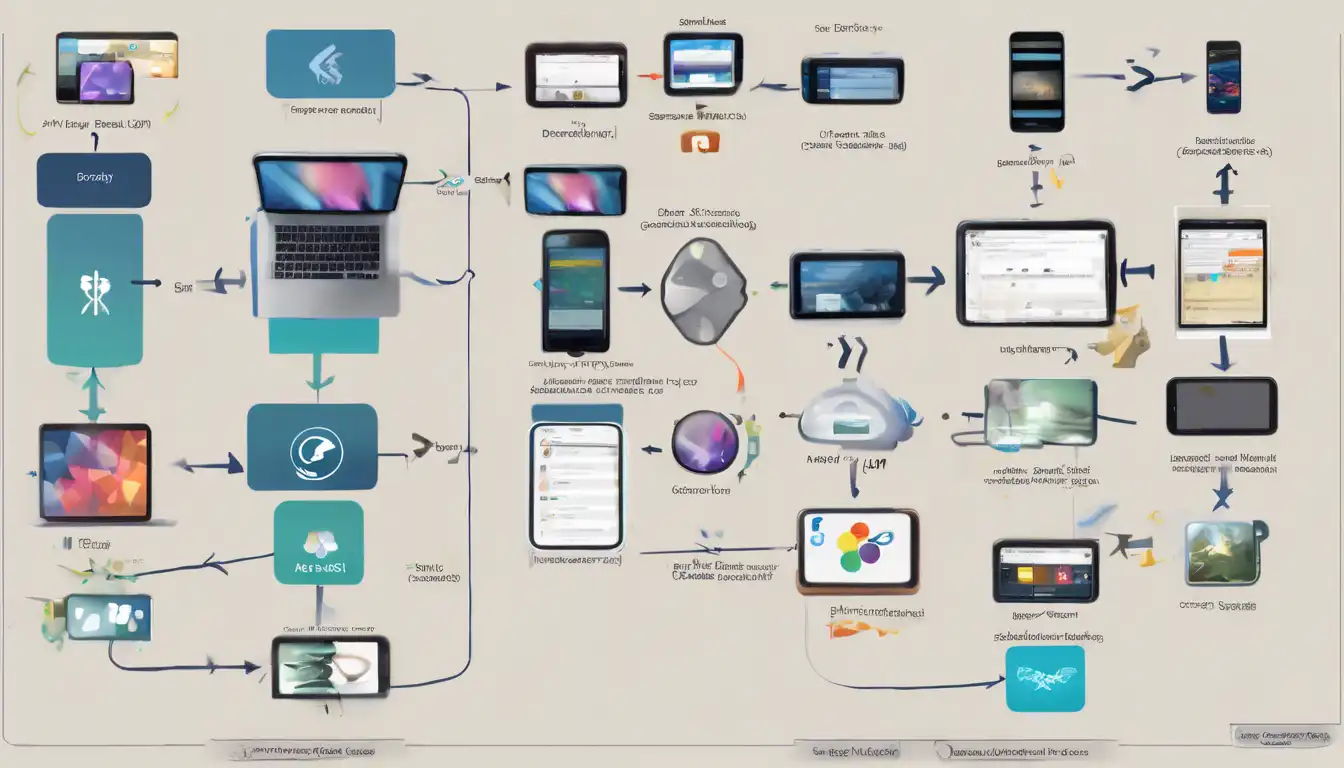Introduction to Cross-Platform Mobile Development
In today's fast-paced digital world, the demand for mobile applications is skyrocketing. Businesses and developers are constantly seeking efficient ways to build apps that run seamlessly across multiple platforms. Cross-platform mobile development tools have emerged as a game-changer, enabling the creation of apps for both iOS and Android from a single codebase. This article compares the top tools in the market, helping you make an informed decision for your next project.
Why Choose Cross-Platform Development?
Cross-platform development offers numerous benefits, including reduced development time, lower costs, and easier maintenance. By leveraging these tools, developers can write code once and deploy it across multiple platforms, ensuring a wider reach without compromising on quality.
Top Cross-Platform Mobile Development Tools
1. Flutter
Developed by Google, Flutter is a popular open-source framework for building natively compiled applications for mobile, web, and desktop from a single codebase. Its hot reload feature allows for quick iterations, making it a favorite among developers.
2. React Native
Backed by Facebook, React Native enables developers to build mobile apps using JavaScript and React. It offers a rich ecosystem of libraries and tools, facilitating the development of high-performance apps with a native look and feel.
3. Xamarin
Owned by Microsoft, Xamarin is a robust framework that uses C# and .NET for building cross-platform apps. It provides access to native APIs and tools, ensuring high performance and a native user experience.
4. Ionic
Ionic is a powerful framework for building cross-platform mobile apps using web technologies like HTML, CSS, and JavaScript. It offers a library of pre-designed components, making it easier to create visually appealing apps.
Comparing the Tools
When choosing a cross-platform development tool, consider factors such as performance, community support, and ease of use. Flutter and React Native are known for their performance and vibrant communities, while Xamarin stands out for its enterprise-level features. Ionic, on the other hand, is ideal for developers familiar with web technologies.
Conclusion
Selecting the right cross-platform mobile development tool depends on your project requirements and team expertise. Whether you prioritize performance, ease of development, or community support, there's a tool out there that meets your needs. Explore these options further to kickstart your next mobile app project.
For more insights on mobile development, check out our latest trends in mobile development.
